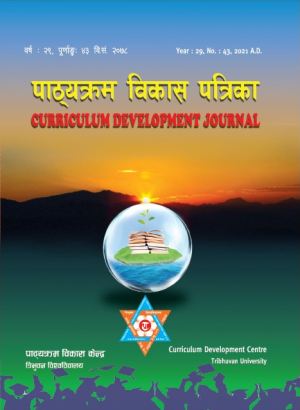NGO Regulation: Themes and Debates with Reference to Nepal
DOI:
https://doi.org/10.3126/cdj.v29i43.41042Keywords:
Nongovernmental organizations, NGO regulations, resource dependence, donor agencies, Nepal, Non-governmental organisations, NGO regulations, resource dependence, donor agencies, NepalAbstract
Since the 1980s, due to the failure of previous development strategies, nongovernmental organizations have emerged as major actors in development, particularly in developing countries like Nepal. However, in recent years, most countries have perceived that NGOs are not operating genuinely to fulfill their expected goals. In this context, this paper set out to answer two questions: why NGOs tend to represent donors' preferences and why developing countries like Nepal become unable to adopt strict NGO regulations. It is based on the analysis of archival documents and review of previous study findings and draws insights from resource dependence theory. It concludes that when NGOs depend on external donors for financial resources, they are compelled to represent donor's interests. Similarly, aid-dependent developing countries like Nepal often hesitate to adopt strict NGO regulations because of the fear of external pressure from their donor agencies. Thus, resource dependency makes both NGOs and the governments unable to resist the pressure of donor agencies. Its conclusions can be useful to adopt an appropriate framework to regulate NGOs in Nepal.
Downloads
Downloads
Published
How to Cite
Issue
Section
License
© Curriculum Development Centre, Tribhuvan University

